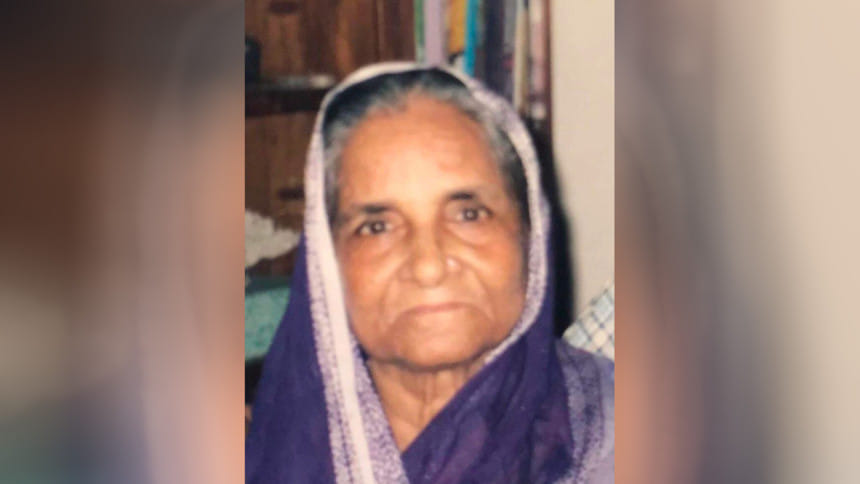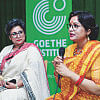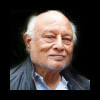A forgotten hero of the Language Movement

The nation will observe International Mother Language Day today, and pay tributes to the heroes of our Language Movement.
Yet, question remains, do we remember all our language heroes? Have they all been recognised by the state for their valour and contributions?
Like Saleha Begum, a hero of the Language Movement in Mymensingh, who passed away on August 19, 2004, without receiving any state recognition for her contributions.
Even, her expulsion from Mymensingh Muslim Girls High School for her leadership and involvement in the movement was not revoked.
The incident of Saleha's expulsion from the school for joining a procession and hoisting black flag on February 22, 1952, has been mentioned in page 124 of "Ekusher Smrity", a book published by Prothoma Prokashon.
Saleha's daughter Syeda Farida Akther, and son Syed Shakeel Ahad, spoke to this correspondent about the life and struggles of her mother.
Born in Kulaura upazila in Moulvibazar on September 24, 1935, to AM Ashraf Ali, the then sub-registrar of the sub-division, and Monirunnesa Khatun, Saleha was the third of five siblings.
She continued her studies in Mymensingh under patronage of her maternal uncle, CA Mannan, who was an officer of Forest Department in the district.
In 1952, during the Language Movement, the Rashtrabhasha Chhatra Sangram Parishad organised protests against the killings of students in Dhaka.
Saleha, a student of Mymensingh Muslim Girls High School, joined the procession in Mymensingh on February 21. In solidarity with the movement, she lowered the national flag at her school, cut her burqa to make a black flag, and hoisted it.
This act angered the school authorities, and, on the orders of the local magistrate DK Pawar, Saleha was expelled.
Four days later, on February 25, Saleha was forced to leave school, marking the end of her formal education.
Despite the setback, she moved to Moulvibazar's Kulaura and dedicated herself to teaching at Kulaura Girls High School, serving without pay for four years.
A passionate advocate for education, Saleha established "Boyshko Nari Shiksha Kendra" in Kishoreganj in 1976-1977, at her in-laws' home, to enhance literacy among elderly women in the region.
She passed away in 2004, leaving behind a legacy of resilience and dedication to the Language Movement and education.
"Our family continued efforts to have my mother's expulsion order rescinded, including recent petitions submitted to the Mymensingh divisional commissioner. The acknowledgment of her contribution to the Language Movement, even posthumously, remains a long-standing demand from our family," Ahad said.
"My mother's story is not just one of personal sacrifice but also of perseverance. Despite the obstacles she faced, including being denied further education and subjected to social and familial ostracism, she continued to serve her community through teaching. She later founded an educational institution to empower others, particularly girls, with education," said Farida.
Ahad said there have been efforts made by local authorities, including an order issued by the Mymensingh divisional commissioner's office in 2020, to revoke the expulsion order. However, the action has yet to be fully implemented, he added.
Bulbul Khan Mahbub, a language movement hero and freedom fighter from Tangail, said he came to know about the bravery of Saleha from his elder sister Sophiya Khan, who was the headteacher at Mymensingh Muslim Girls High School in 1952.
"As we continue to honour the memory of the Language Movement, it is essential to ensure that all those like Saleha Begum are given their rightful place in history," Mahbub added.

 For all latest news, follow The Daily Star's Google News channel.
For all latest news, follow The Daily Star's Google News channel. 










Comments